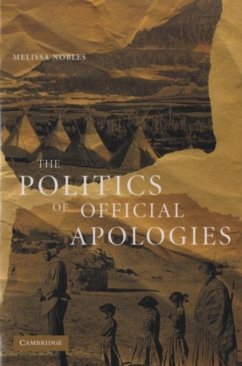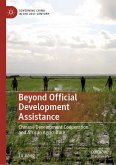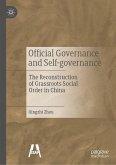Intense interest in past injustice lies at the centre of contemporary world politics. Most scholarly and public attention has focused on truth commissions, trials, lustration, and other related decisions, following political transitions. This book examines the political uses of official apologies in Australia, Canada, New Zealand, and the United States. It explores why minority groups demand such apologies and why governments do or do not offer them. Nobles argues that apologies can help to alter the terms and meanings of national membership. Minority groups demand apologies in order to focus attention on historical injustices. Similarly, state actors support apologies for ideological and moral reasons, driven by their support of group rights, responsiveness to group demands, and belief that acknowledgment is due. Apologies, as employed by political actors, play an important, if underappreciated, role in bringing certain views about history and moral obligation to bear in public life.
Dieser Download kann aus rechtlichen Gründen nur mit Rechnungsadresse in A, B, BG, CY, CZ, D, DK, EW, E, FIN, F, GR, HR, H, IRL, I, LT, L, LR, M, NL, PL, P, R, S, SLO, SK ausgeliefert werden.









